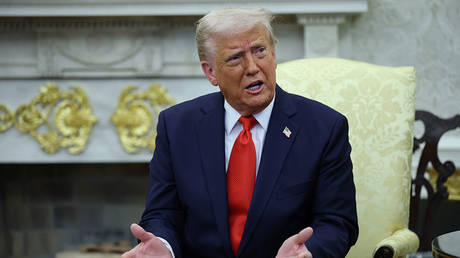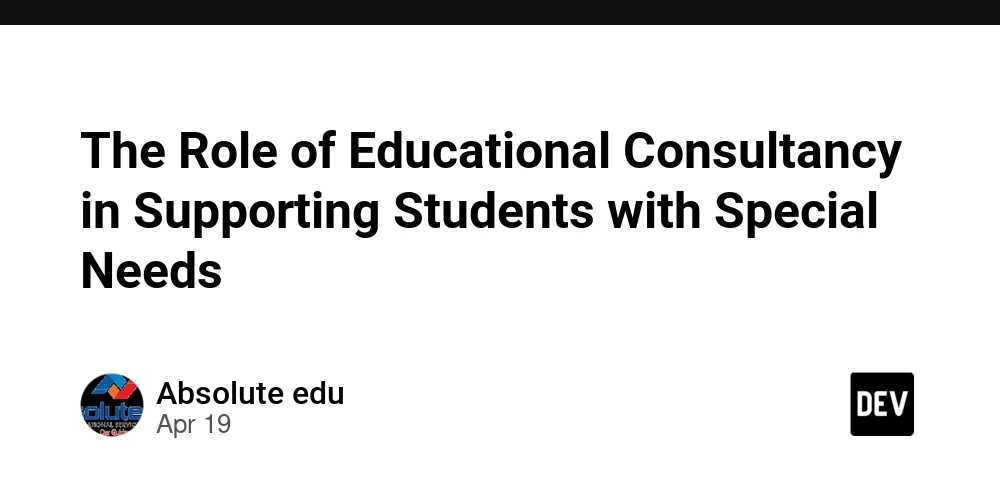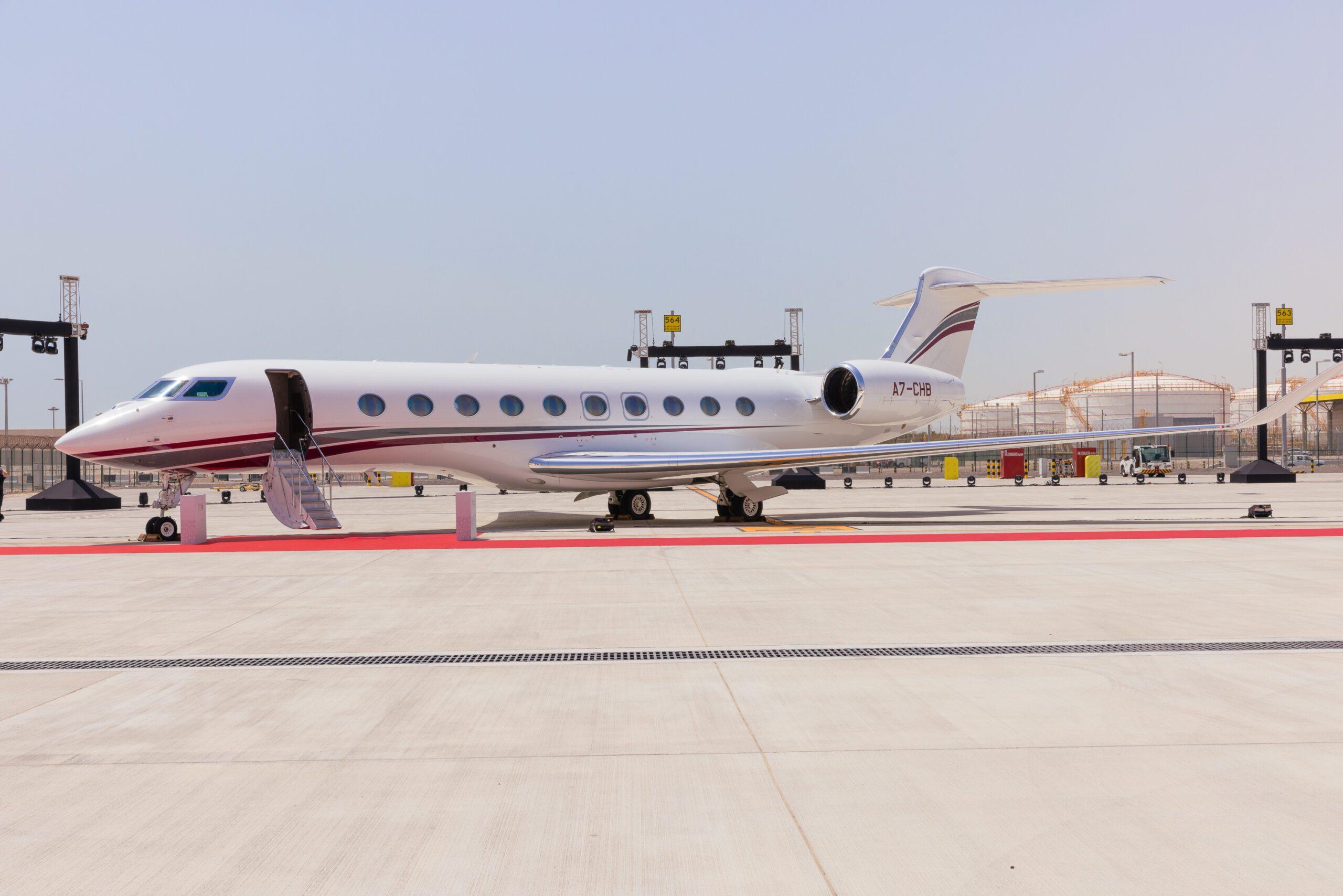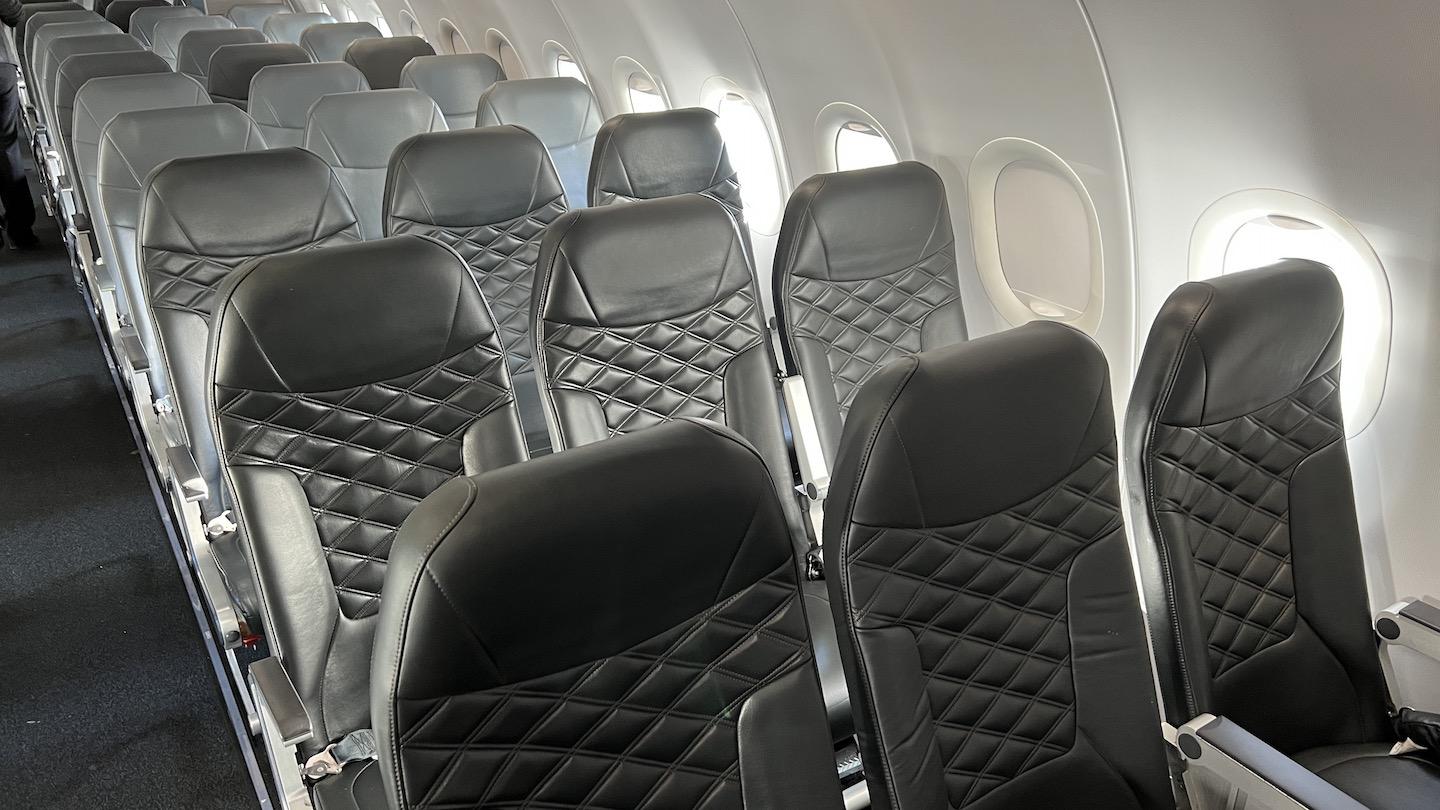Al Udeid Air Base: A strategic asset for US power in the Gulf
Al Udeid Air Base in Qatar is a strategic and fully operational hub that supports U.S. military operations across the Middle East, North Africa and South Asia, and relocating CENTCOM's forward headquarters would carry enormous financial and operational costs at a time when regional stability is increasingly fragile.

Military planning is built on preparing for worst-case scenarios, but occasionally, a best-case scenario emerges. The U.S. has long sought military installations that offer both strategic positioning and operational capability without excessive financial burdens. Al Udeid Air Base in Qatar represents just that: a modern, fully operational hub that supports U.S. military operations across the Middle East, North Africa and South Asia.
Yet, despite its strategic value, some critics have suggested relocating CENTCOM’s forward headquarters. No clear alternative has been proposed, and such a move would carry enormous financial and operational costs at a time when regional stability is increasingly fragile.
Al Udeid is the largest U.S. military base in the region, hosting nearly 11,000 American troops and more than 100 aircraft, including strategic bombers, tankers and surveillance assets. Its long, well-maintained runways enable rapid deployment, making it a critical component of U.S. force projection. The base has played a pivotal role in counterterrorism operations, air campaigns in Iraq and Afghanistan, and humanitarian missions, including the 2021 evacuation of Kabul.
Qatar’s investment in Al Udeid has kept the base at the forefront of military readiness while saving U.S. taxpayers billions of dollars. Over the years, Qatar has spent more than $8 billion upgrading infrastructure, including $1.4 billion on troop housing and airfield improvements. Beyond hosting the base, Qatar remains a key regional partner, collaborating with the U.S. on counterterrorism efforts, intelligence sharing and weapons procurement. Qatar’s purchase of F-15s from Boeing alone has generated tens of thousands of American jobs.
In addition to hosting Al Udeid Air Base, Qatar has significantly enhanced its military capabilities through substantial investments in U.S. defense systems. A notable example is the U.S. State Department’s approval for Qatar to purchase eight MQ-9B Predator drones, a deal valued at nearly $2 billion. This acquisition includes advanced munitions and equipment, bolstering Qatar’s surveillance and strike capabilities.
These procurements not only strengthen Qatar’s defense infrastructure but also deepen the strategic partnership between the U.S. and Qatar. By integrating advanced U.S. military technology, Qatar enhances its role as a stabilizing force in the Gulf region.
Furthermore, these defense deals contribute to the U.S. economy by supporting American jobs and fostering industrial collaboration. The ongoing military cooperation exemplified by these acquisitions underscores the mutual commitment to regional security and opens avenues for further collaboration in defense and beyond.
More broadly, Qatar’s role in the Gulf Cooperation Council is an asset to U.S. interests. As the region faces growing security challenges — including tensions in the Red Sea, ongoing conflicts in Yemen and concerns over Iranian influence — the stability of key partners like Qatar is essential. The country’s diplomatic efforts, including mediation in hostage negotiations and ceasefire talks, further bolster its importance as a security partner.
Finding a viable alternative to Al Udeid would not only be prohibitively expensive but would also risk weakening U.S. regional influence at a time when competitors are expanding their presence in the Gulf. The base is more than just a military facility; it is a cornerstone of U.S. strategy in the Middle East and a vital link to regional security efforts.
The U.S. must remain committed to maintaining strong partnerships in the Gulf Cooperation Council, and Al Udeid represents a tangible, cost-effective and strategically invaluable component of that approach. Disrupting it would undermine America’s ability to respond to future crises in one of the world’s most volatile regions.
Christopher C. Miller, a former acting U.S. secretary of Defense, is an adviser to Highlander Partners, a private equity firm.








![[FREE EBOOKS] Machine Learning Hero, AI-Assisted Programming for Web and Machine Learning & Four More Best Selling Titles](https://www.javacodegeeks.com/wp-content/uploads/2012/12/jcg-logo.jpg)



















.jpg)











































